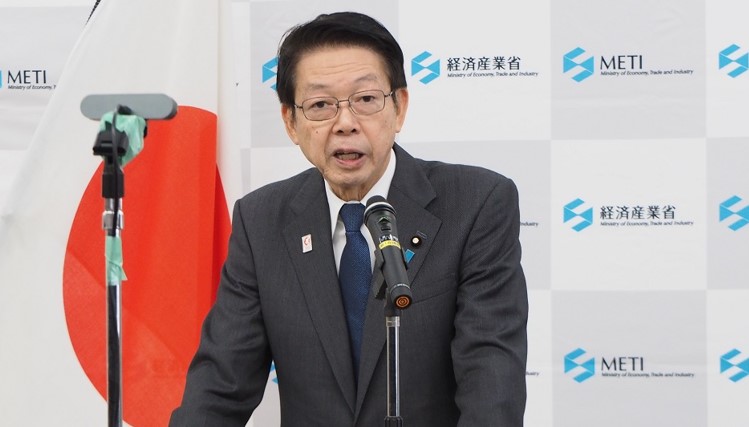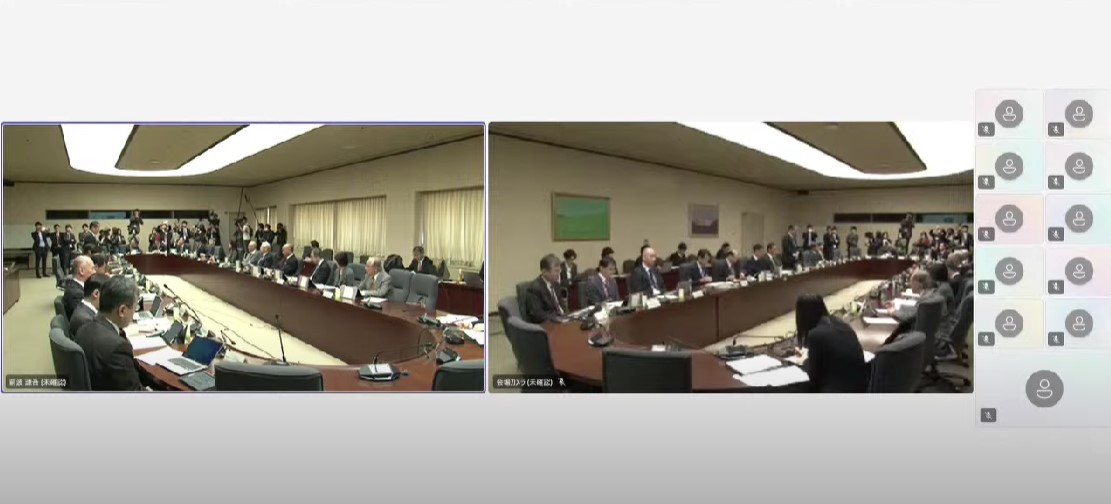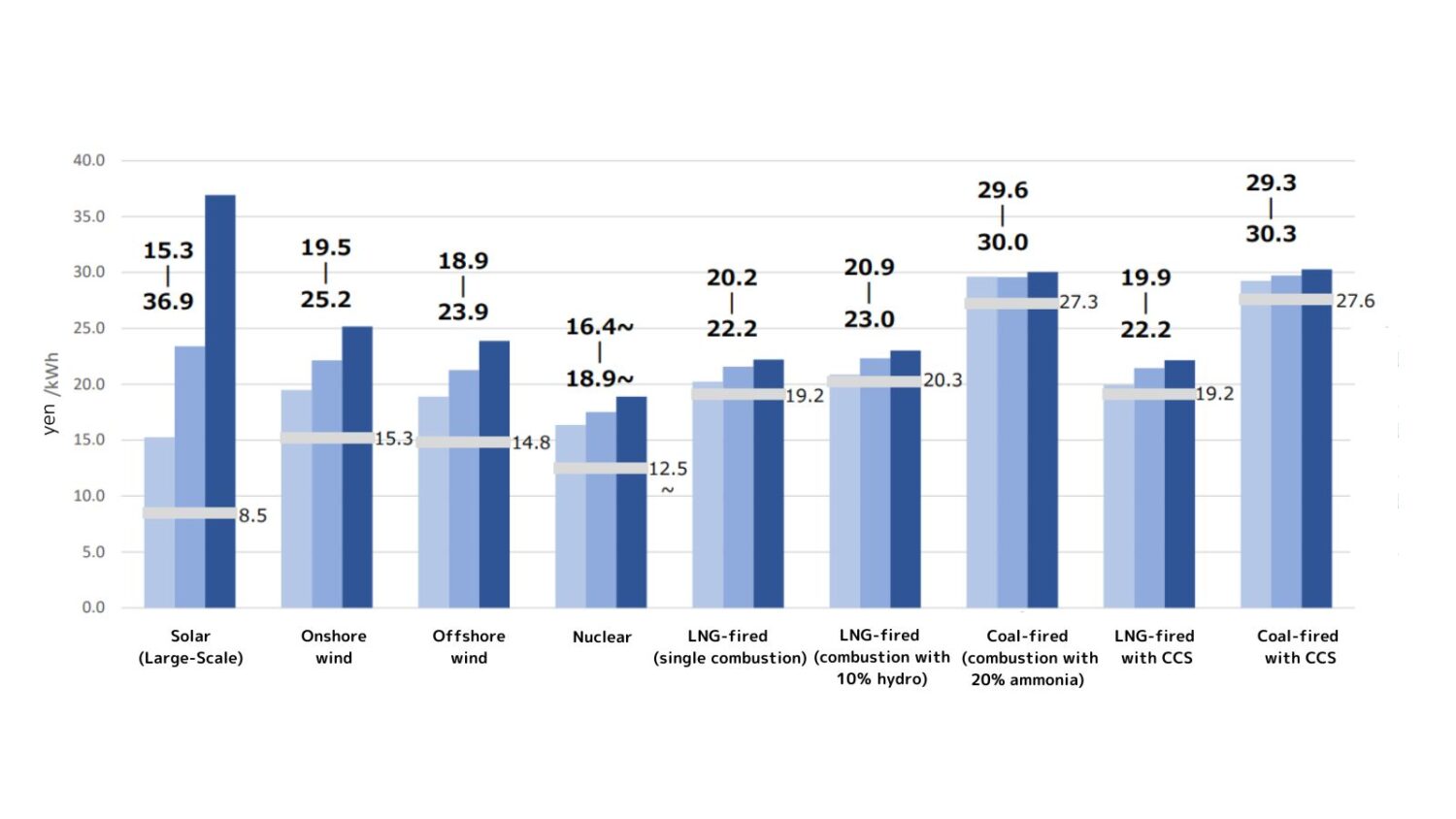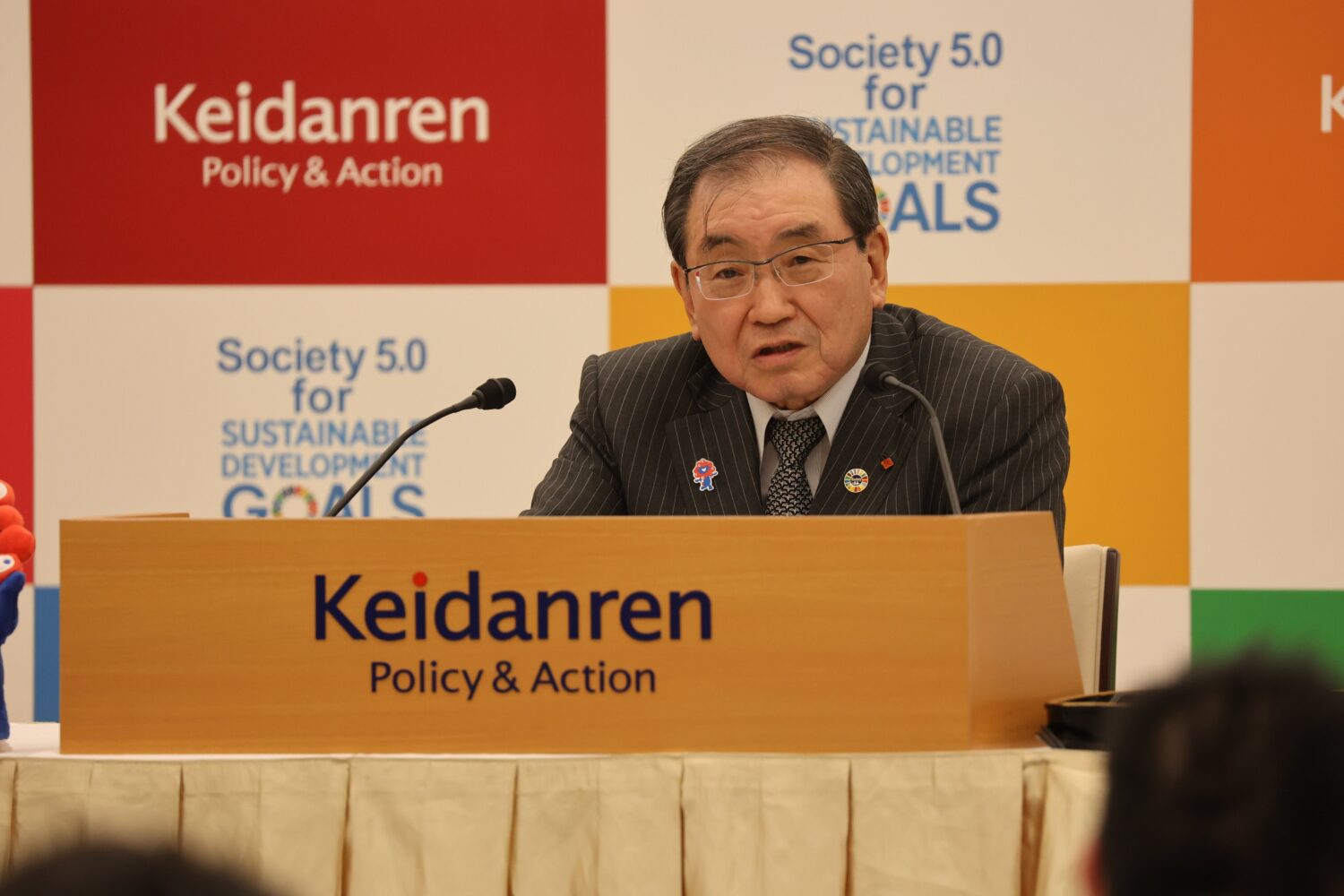In Poland, he met with Minister of Industry Marzena CZARNECKA on November 7 to discuss cooperation between the two countries—mainly in the area of nuclear energy—and the two leaders then signed a memorandum of understanding (MOU) on such cooperation.
Japanese company representatives were also present at the November 7 meeting. In line with Poland’s energy policy toward the year 2040, the two countries will develop various areas of cooperation benefiting both sides, with the establishment of solid, robust nuclear supply chains through the development and installation of nuclear reactors in Poland, including small modular reactors (SMRs).
Poland is now highly dependent on coal-fired thermal power, resulting in serious deleterious effects on the environment, including acid rain caused by exhaust gases. It thus intends to introduce nuclear power to achieve energy security while protecting the environment.
The country currently plans to build six large light-water reactors (LWRs) by the year 2043. In November 2022, Poland officially decided to build three large-scale AP1000 reactors made by Westinghouse Electric Company of the United States.
Poland is also moving toward the introduction of SMRs, with an eye on industrial promotion. In May of this year, the Toshiba Energy Systems & Solutions Corporation (Toshiba ESS) came to an agreement with local Polish companies to explore collaboration in the supply of components, including steam turbines and generators. Cooperation is also advancing at the private-sector level.
Under the MOU, Poland and Japan will carry out such things as exchange information and conduct seminars and workshops, as well as engage in company matching in the areas of human resource development, the enhancement of public understanding, and nuclear safety.
Specifically, the two countries will work together to promote public understanding of the need for nuclear power, including back-end measures, namely, the management of radioactive waste and decommissioning in accordance with international standards.
Japan’s cooperation with Poland in the fields of nuclear power and radiation is not merely restricted to energy use. Notably, Japan is additionally conducting cooperative activities in the areas of environmental protection and food security.
With support from the International Atomic Energy Agency (IAEA), Japan has also pursued such activities as flue-gas desulfurization using electron beam accelerators, with the manufacturing of fertilizer as a by-product.












